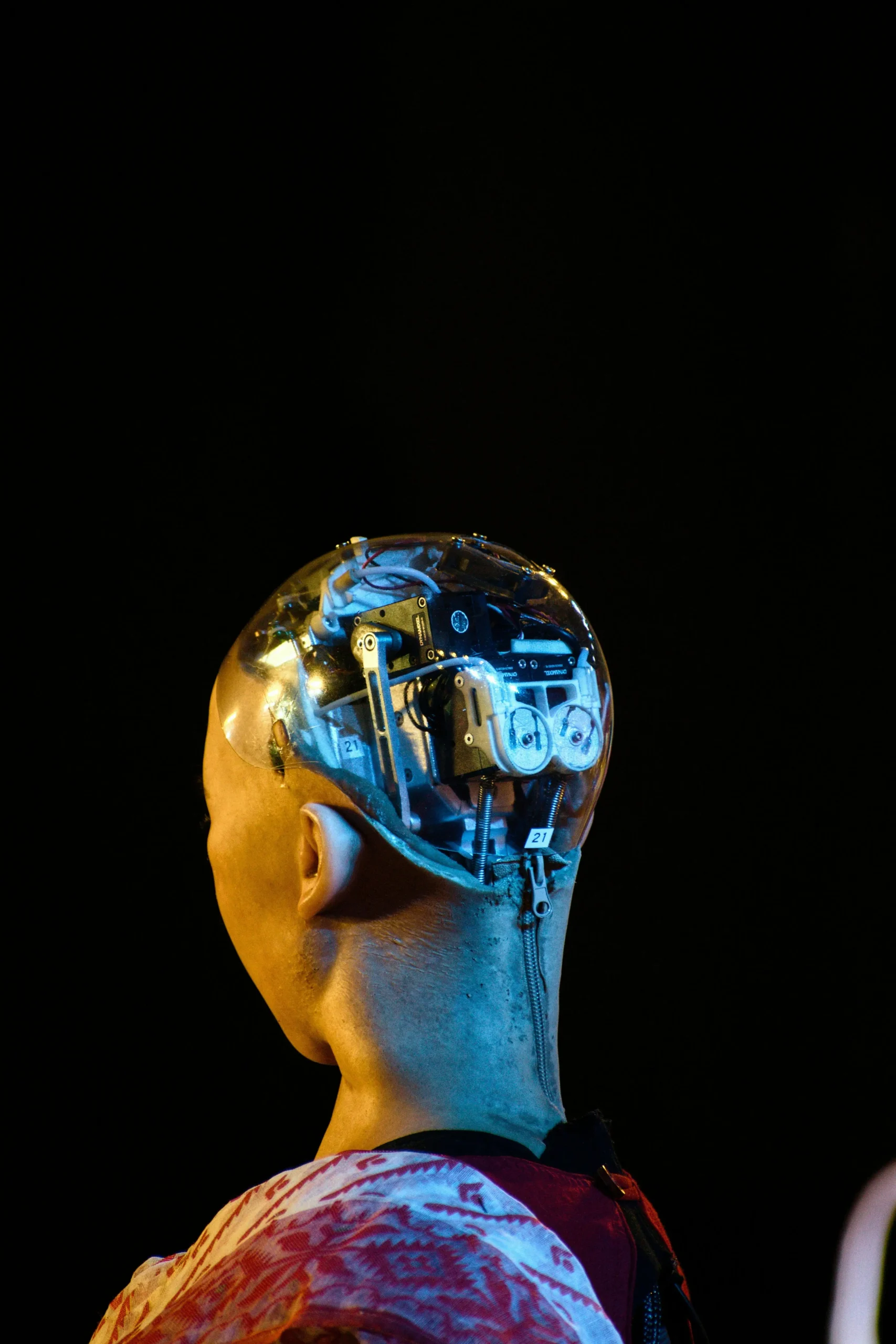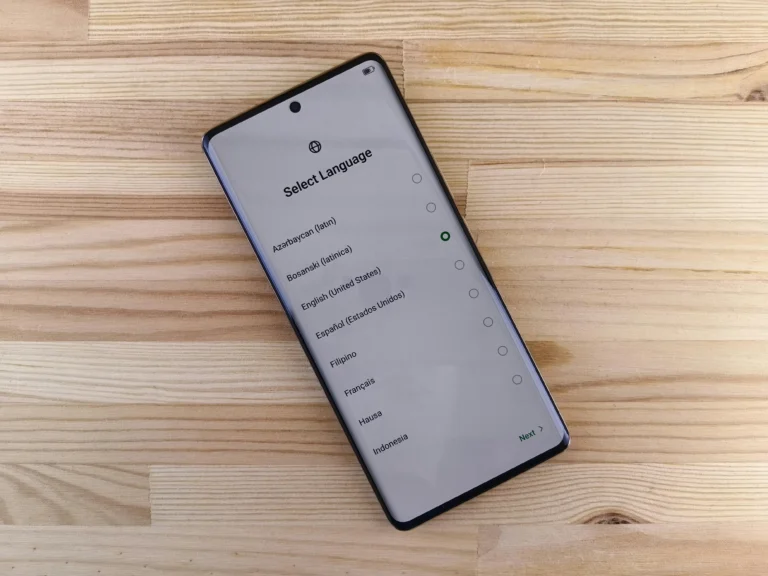How to Stimulate Your Brain Using AI: Unlock Cognitive Potential
Ever wake up feeling like your mind is stuck in mud? You stare at your to-do list, but focus slips away like sand through fingers. In a world full of distractions, that fuzzy brain fog hits hard. But what if AI could step in as your personal coach? These smart tools now offer ways to stimulate your brain using AI, turning routine moments into sharp mental boosts. They personalize exercises to sharpen memory, build focus, and spark fresh ideas.
This guide walks you through simple steps to get started. You’ll learn how AI works for brain training, explore top tools, and pick up daily habits for real gains. By the end, you’ll have clear actions to lift your cognitive game and feel more alert every day.
Understanding Brain Stimulation and AI’s Role
What Is Brain Stimulation?
Brain stimulation means activities that build stronger links between your neurons. It helps boost skills like remembering details or solving puzzles. Think of it as flexing mental muscles to keep your mind quick and flexible. Neuroplasticity lets your brain adapt and grow with practice, just like learning a new bike trick as a kid.
You don’t need fancy gear to start. Simple tasks, such as reading or chatting, already nudge those connections. Over time, this leads to better thinking and less forgetfulness in daily life.
How AI Enhances Cognitive Processes
AI shines by studying your habits and patterns. It crafts experiences that fit your needs, like a tailor-made workout for your thoughts. For instance, apps track how you respond to challenges and adjust on the fly.
Start small: Grab a basic AI quiz app to check your mental starting point. Answer questions on focus or recall, and it gives a snapshot of strengths and weak spots. This baseline helps you see progress as you go.
AI also spots trends you might miss. It pulls in data from your sessions to suggest tweaks, making each step more effective.
Benefits of AI-Driven Brain Training
Picture tackling work with laser-sharp attention. AI tools help with that by honing your concentration through fun drills. Studies in the Journal of Cognitive Enhancement back this up—people using tech training saw focus jump by up to 20% after weeks.
Creativity gets a lift too. AI prompts push you to think outside the box, leading to fresh solutions at home or on the job. Users often report feeling more innovative after regular use.
Track your wins weekly with AI’s built-in metrics. Note changes in mood or task speed. This keeps you motivated and shows real cognitive enhancement from AI brain stimulation.
Top AI Tools for Brain Stimulation
Interactive Learning Platforms
Duolingo stands out with its AI smarts for language picks. It tweaks lessons to match your speed, turning study time into a game. This setup trains your brain to spot patterns and adapt fast.
Gamification keeps things lively. Streaks and rewards make you want to return, building recall without boredom. Over months, you’ll notice easier chats in new tongues.
Dedicate just 15 minutes a day to these tailored sessions. Pick a skill like Spanish basics, and let AI guide the flow for steady brain stimulation using AI.
Memory and Puzzle Apps
Lumosity relies on AI to whip up puzzles just for you. It targets zones like logic or speed, based on your past plays. Each game feels new, keeping your mind engaged.
These apps hit specific brain spots. For example, a matching task strengthens short-term memory, while mazes build spatial smarts. It’s like targeted reps for your thoughts.
Pair it with everyday wins: Use app tricks to remember grocery items without a list. This blends digital practice with real habits for deeper gains.
Creative AI Assistants
ChatGPT acts as a idea buddy for brainstorming. Feed it a topic, like “story plots,” and it fires back options that stretch your imagination. This sparks divergent thinking, where one thought leads to many.
Prompts like “What if cats ruled the world?” get your creative juices flowing. Write down what comes up, and you’ll see ideas multiply. It’s a quick way to break mental ruts.
Try daily prompts to log your outputs in a journal. Over time, this habit fuels innovation in work or hobbies through AI-driven creativity boosts.
Practical Ways to Use AI for Daily Brain Workouts
Personalized Learning Routines
Khan Academy’s AI suggests study paths that suit your goals. It scans your quiz scores and fills gaps with bite-sized videos. Build a routine around this for steady growth.
Habits stick when you link them to your day. Set AI plans for topics like math or history, and watch understanding deepen. It’s effortless brain training woven into life.
Add it to your morning: Spend 20 minutes on recommended lessons. This kickstarts focus and sets a tone of curiosity for the hours ahead.
Mindfulness and Focus Exercises
Headspace uses AI to shape meditation based on your voice tone. It listens to stress levels and picks calming guides. Sessions grow with you, easing wandering thoughts.
Voice tweaks make it personal—calm tones for busy days, upbeat for low energy. This trains your mind to stay present, cutting down on distractions.
Practice 10-minute rounds and note mood shifts in the app. You’ll feel clearer after a few tries, with AI handling the adjustments.
Problem-Solving Challenges
Codecademy’s AI ramps up coding puzzles as you improve. Start with simple scripts, then tackle tougher bugs. This builds logical thinking step by step.
Difficulty climbs naturally, keeping you challenged without overwhelm. Solve a riddle one day, code a mini-game the next. Your brain learns to connect dots faster.
Set weekly targets: Aim for three new problems. Celebrate solves to stay hooked on this path to sharper skills via AI brain stimulation.
Integrating AI into Lifestyle for Long-Term Gains
Combining AI with Physical Activity
Zombies, Run! mixes AI stories with jogs to blend body and mind work. It crafts tales that pull you through runs, sharpening focus amid motion. Physical effort pairs with mental plots for double benefits.
This link boosts overall cognition. Exercise pumps blood to your brain, while AI narratives train attention. It’s a fun twist on solo workouts.
Switch between brain apps and fitness trackers. Try a puzzle post-run to lock in those endorphin highs for better retention.
Social and Collaborative Brain Boosts
Multiplayer AI games let you team up for quests. Platforms match skills and guide chats, honing social smarts. Discuss strategies to sharpen quick thinking.
Reddit’s AI-moderated groups spark debates on topics like tech trends. Share ideas, and AI suggests replies to deepen talks. This exercises empathy and argument skills.
Join a group challenge weekly. Pick an AI-led debate, and watch your perspective widen through shared brain stimulation using AI.
Monitoring and Adjusting Progress
AI dashboards in apps show trends like improved recall scores. Review graphs to spot peaks and dips in your cognitive health. It’s easy data at your fingertips.
Tweak based on what works. If puzzles stall, switch to creative prompts. This keeps progress rolling without guesswork.
Check monthly reports and shift tactics for stuck spots. Small changes lead to big leaps in mental sharpness over time.
Potential Challenges and Best Practices
Common Pitfalls in AI Brain Training
Too much screen time can tire your eyes and mind. Over-reliance skips real-world practice, making gains feel flat. Balance keeps things fresh.
Stick to short bursts to dodge burnout. Mix in walks or talks to ground digital habits. This way, AI supports without overwhelming.
Limit sessions to 30 minutes max. Step away, stretch, and return renewed for sustainable brain stimulation using AI.
Ethical Considerations with AI Tools
Brain apps collect personal data, so privacy matters. Pick ones with clear rules on what they store and share. Groups like the AI Ethics Institute offer tips on safe picks.
Read policies before diving in. Opt for tools that let you control info flow. This builds trust in your cognitive journey.
Choose apps with open practices. Ask: Does it explain data use? Strong answers mean you’re in good hands.
Maximizing Effectiveness
Pair AI with sleep trackers for full-body wins. Good rest amplifies mental drills, turning nights into recovery boosts. Apps sync to show how sleep ties to focus.
Test tools side by side: Try Lumosity one week, Duolingo the next. See what clicks for your style. This A/B approach fine-tunes your routine.
Experiment freely. Note what energizes you most, and lean into it for peak cognitive enhancement from AI brain stimulation.
Conclusion
AI opens doors to personalized learning, clever puzzles, and wild creativity—all keys to stimulating your brain using AI. From daily apps that adapt to your pace to challenges that build grit, these tools make mental fitness simple and fun. You’ve got the blueprint now to weave them into life for lasting clarity and spark.
Here are quick steps to jump in:
- Pick one tool, like a memory app, and commit to 15 minutes daily.
- Track your progress with built-in stats to celebrate small wins.
- Mix AI sessions with walks or chats for balanced gains.
- Review monthly and swap tools if needed to stay excited.
- Share your routine with a friend for extra motivation.
Start today—grab an app, run a quick exercise, and feel that mental lift. Your sharper mind awaits.







